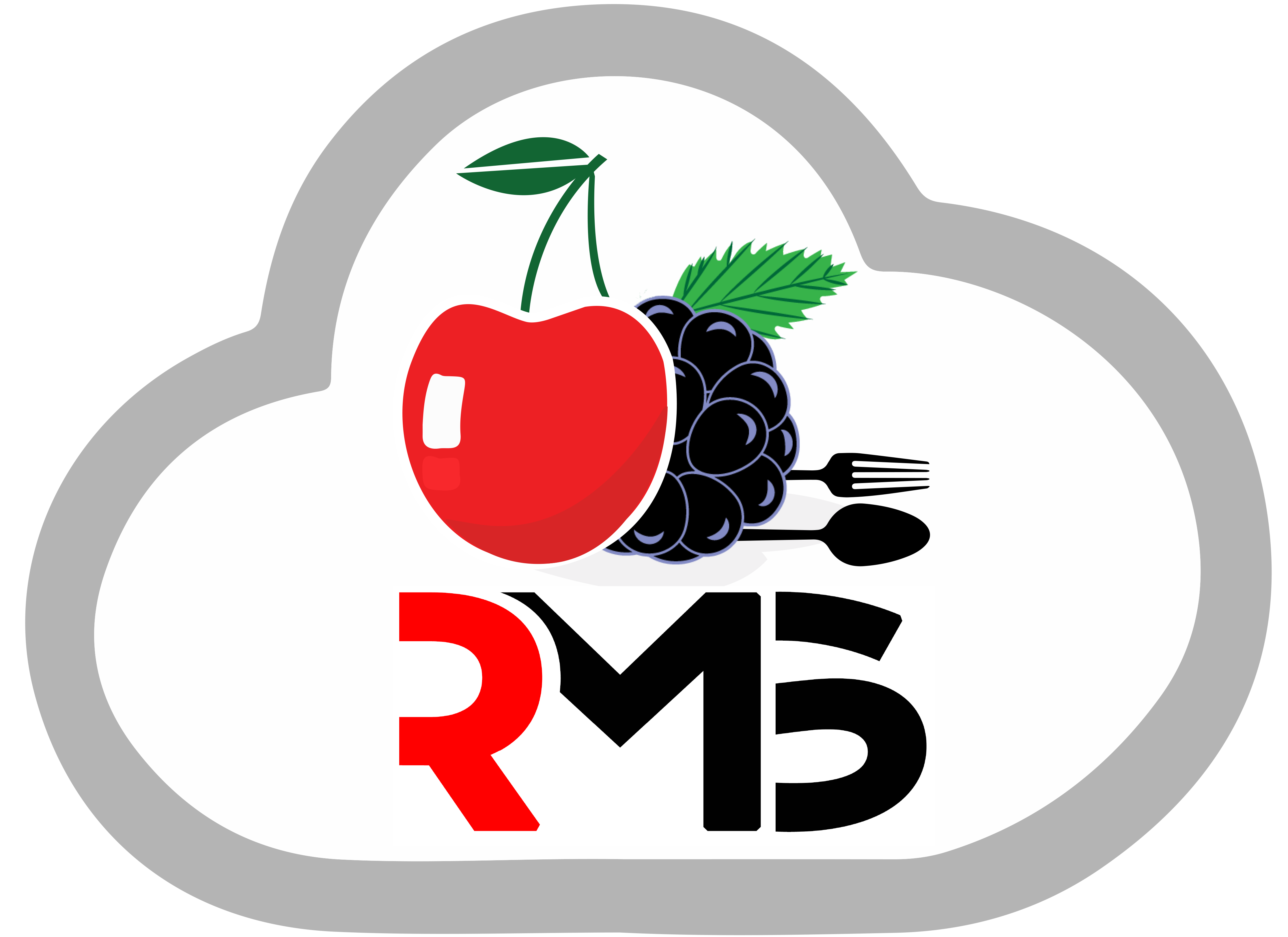
The Benefits of Cloud-Base POS Systems for Restaurants
Point of sale (POS) systems are vital for restaurants to efficiently manage orders, payments, inventory, customers, and day-to-day operations. Traditionally, restaurants used legacy, on-premise POS systems that required costly hardware and complex installations. However, in recent years, cloud-base POS systems have been rapidly gaining popularity among restaurants. Cloud-base POS systems run on remote servers and are accessed via the Internet, reducing the need for servers and hardware onsite. This modern approach brings many advantages that legacy systems cannot match. In Lahore, Pakistan, CherryBerry RMS provides the most interactive Cloud-base POS systems for restaurants, and their all services are outstanding.
Benefits of Cloud-Base POS Systems:
Improved Accessibility and Flexibility:
One of the biggest reasons restaurants are switching to cloud-base POS is enhanced accessibility and flexibility. With a cloud system, data is stored remotely rather than on a local server. This allows employees to access information from any device, at any location, at any time. Managers can view sales data, inventory levels, and staffing schedules whether they are in the office, at home, or traveling. The system can also seamlessly integrate with mobile devices to allow tableside ordering and payment processing. Employees are no longer tied to bulky terminals and can better multi-task.
The flexibility extends to scalability as well. Cloud POS allows restaurants to adjust their plan if they open new locations or need seasonal capacity changes. It also enables easier system transfers if restaurants acquire or change franchise owners. With seamless data backups and fast recovery, cloud systems minimize business disruptions during upgrades and outages.
Improved Business Insights through Analytics:
Cloud base POS systems grant restaurants better visibility into their data through robust analytics and reporting. Intuitive dashboards allow owners to track all business metrics in real-time with data automatically synced from various locations. Sales data can be sliced by time, location, staff, menu items, payment types, and more. Owners gain insight into customer behavior and ordering trends, allowing them to optimize staffing schedules, tailor menus based on demand, create targeted promotions, minimize wait times, and streamline inventory orders. With a holistic view of business health based on key metrics, owners can make smarter data-driven decisions.
Enhanced Customer Experience:
With cloud POS systems, restaurants can offer better and more engaging customer experiences through integrated technologies. Customers can self-order through tabletop tablets or mobile apps to browse menus, customize orders, and pay bills contactless. Loyalty and rewards programs integrated with POS data help restaurants drive repeat business. Customers also benefit from faster service and reduced wait times as staff efficiently manage table seating, orders, and payments electronically. Some cloud systems also include CRM features to track customer data and order history, allowing customized recommendations and special offers for VIP patrons. By streamlining operations and personalizing service through automation, restaurants create memorable dining experiences that delight customers.
Lower Costs and Maintenance:
Legacy POS hardware like servers, terminals, and wiring are expensive to purchase and cumbersome to maintain. Cloud platforms significantly reduce hardware costs with remote server infrastructure and mobile device integration. Instead of large upfront capital expenditures, restaurants pay affordable monthly subscriptions for seamless access across locations.
With automated software updates covering the latest features and security patches, IT maintenance overhead also greatly reduces compared to on-premise systems. Backups and recovery are covered within the service, creating fewer disruptions. Between the savings on equipment, IT maintenance, downtime, and repairs, cloud POS provides a higher return on investment despite the monthly fees.
Enhanced Security and Compliance:
Data security is paramount for any restaurant processing thousands of credit card transactions. Cloud platforms provide enterprise-grade security and compliance beyond the scope of typical on-premise systems. Provider firewalls, role-based employee access, encrypted data transmission, and PCI-compliant measures protect sensitive customer information. Software staying up-to-date with the latest security patches also minimizes vulnerabilities. Built-in failover and disaster recovery infrastructure mitigate risks from hardware failures, power outages, connectivity issues, or natural disasters. Backups ensure no data loss if systems go down. By leveraging security experts, cloud platforms safeguard data integrity and privacy without a significant burden on lean restaurant IT teams.
Conclusion:
Migrating point-of-sale systems to the cloud can transform restaurants through greater flexibility, actionable insights, engaging customer experiences, and risk mitigation. Despite the monthly fees, cloud POS with its improved scalability, reduced hardware costs, and lower overhead provides superior value compared to large cap-ex purchases of legacy systems with limited capabilities. As the technologies continue advancing, Cloud base POS systems for restaurants offer an easier path to innovation and prime them for future growth.
